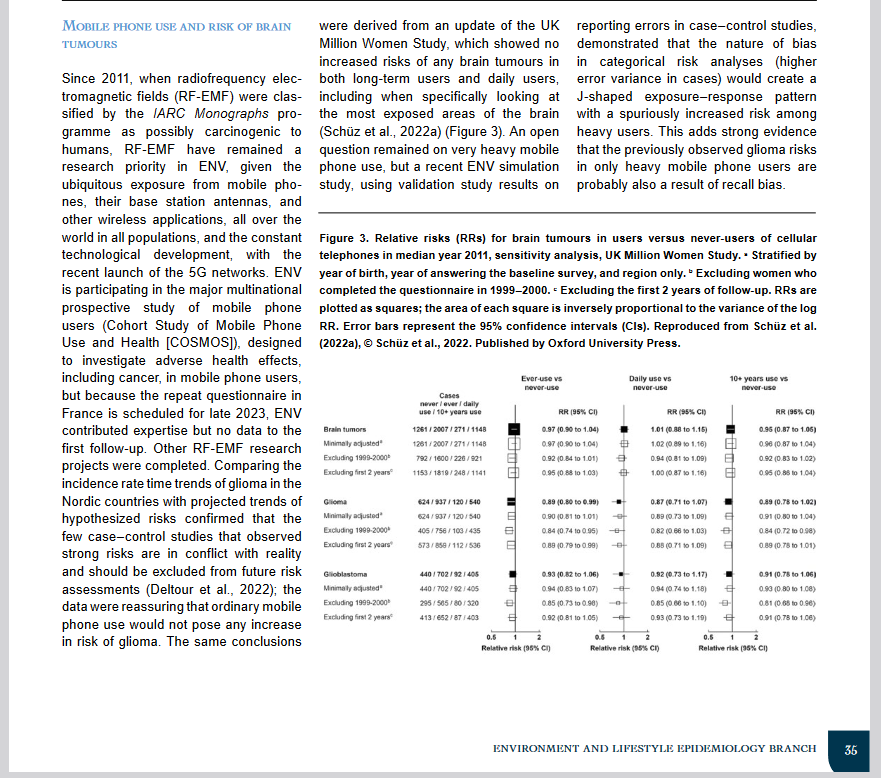The IARC Biennial Report 2022-2023 provides a comprehensive overview of the efforts and progress made by the International Agency for Research on Cancer (IARC) in the field of cancer research and prevention during this period. Here are the key points from the report:
- Overview of IARC’s Activities: The report highlights the continuous work of IARC in alignment with its Medium-Term Strategy 2021–2025. The focus remains on cancer research that is impactful and relevant for cancer prevention
- Global Cancer Burden: A significant concern raised in the report is the escalating global burden of cancer. It is projected that cancer will become the leading cause of premature death worldwide in this century. The report emphasizes that the cancer burden is unevenly distributed, with the most significant increases expected in low- and middle-income countries. This disparity is linked to variations in the Human Development Index (HDI) levels among these countries. The report calls for urgent implementation of effective and cost-efficient interventions in these regions
- Collaboration with WHO: The report underscores IARC’s strengthened collaboration with the World Health Organization (WHO). A joint strategic work plan for 2023-2025 was finalized, aiming to create stronger links between scientific research and health policy. This collaboration includes initiatives like the WHO Global Breast Cancer Initiative and research on single-dose HPV vaccination for cervical cancer prevention
- New Headquarters and Initiatives: 2022 marked a significant year for IARC with the move to its new headquarters in Lyon, symbolizing the organization’s commitment to open science and international collaboration in cancer research. The inauguration of this new building was a milestone event.

The page from the report you have provided is discussing the topic of “Mobile Phone Use and Risk of Brain Tumours” in the context of radiofrequency electromagnetic fields (RF-EMF). It states that since 2011, when RF-EMF were classified by the IARC Monographs program as possibly carcinogenic to humans, RF-EMF have remained a research priority. This is due to the widespread use of mobile phones, base station antennas, and other wireless applications, all over the world, and the ongoing technological development, such as the recent launch of 5G networks.
The page references the ENV’s participation in a major international prospective study of mobile phone users, known as COSMOS (Cohort Study of Mobile Phone Use and Health), which aims to investigate adverse health effects, including cancer. However, as of late 2023, France’s repeat questionnaire has been highlighted for contributing expertise but not data to the first follow-up. Other RF-EMF research projects were completed.
The report mentions a comparison of the Nordic countries’ incidence rate time trends of glioma (a type of brain tumor) with projected trends of hypothesized risks. The findings from a few case-control studies that observed strong risks are in conflict with reality and should be excluded from future risk assessments. The data were reassuring that ordinary mobile phone use would not pose an increase in the risk of glioma.
It also discusses an update from the UK Million Women Study, which showed no increased risks of any brain tumors in both long-term users and daily users, specifically looking at the time when exposures of the brain were expected to be highest.
Finally, the report mentions a simulation study on very heavy mobile phone use, but notes that biases such as reporting errors in case-control studies would create a J-shaped exposure–response pattern in categorical risk analyses (higher error variance in cases), suggesting that observed glioma risks in only heavy mobile phone users are probably also a result of recall bias.
This page provides a snapshot of the current understanding and research progress regarding the safety of RF-EMF exposure from mobile phones as it relates to brain tumor risks, based on the available data up to late 2023.







